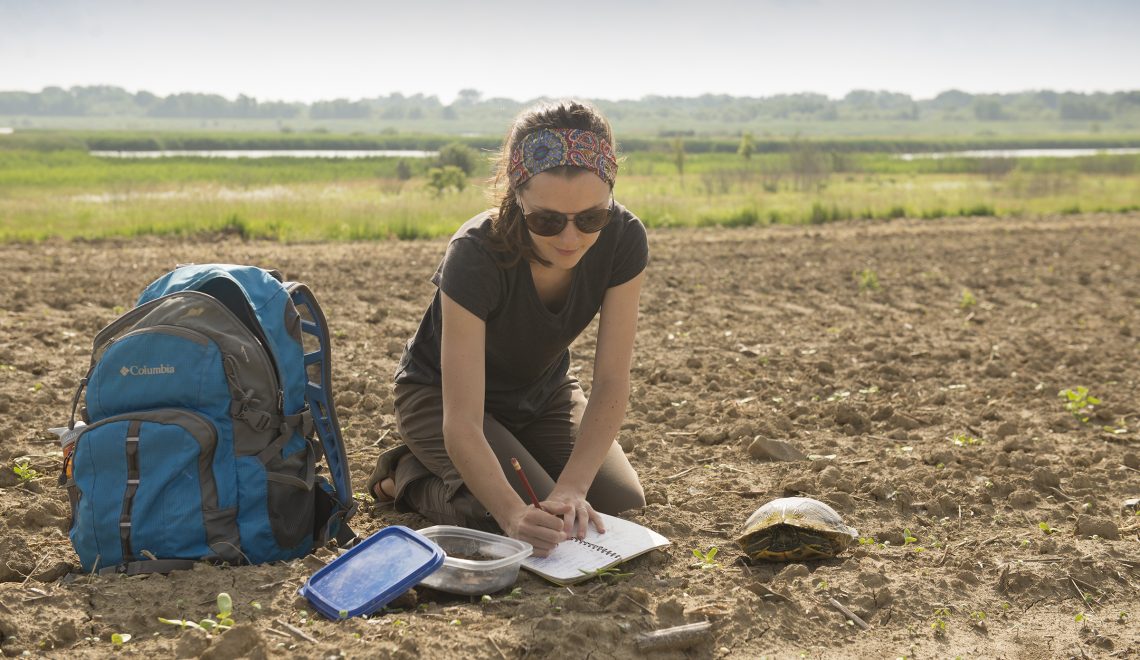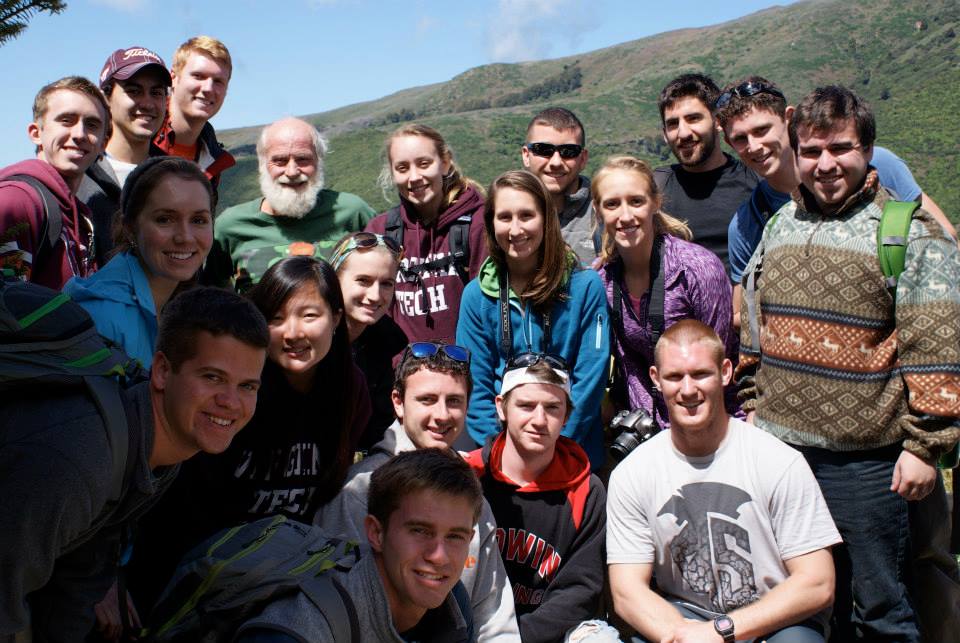
Emma Rafferty, from Virginia Tech, talks about Study Abroad Scholarships. She writes:
It’s no secret that college comes with financial burdens and studying abroad can add to those burdens. However, so many people and companies want to sponsor your experience, you just have to find them. The first step in this process is looking for scholarships. A great place to start are any university resources your school provides.
For example, Virginia Tech has a scholarship central website that has all university or donor sponsored scholarships in one searchable location and a general scholarship application to fill out that automatically applies you to any scholarships you are eligible for – minimal work for lots of scholarships! This is why knowing your resources is key!
Another useful resource is your university Study Abroad Office which may publish a list of scholarships.
If your school doesn’t have these resources or you’ve already applied to those scholarships, I found it helpful to Google “study abroad scholarships.” With so many out there it can be tedious to sort through and figure out which ones you are eligible for, but it’s worth it.

The next step is to apply. Don’t leave applying on your to-do list and never actually do it. Create a spreadsheet with the scholarship name, due date, amount, and website URL to keep track of upcoming scholarship deadlines.
Once you start applying… make your essays count. Most scholarships will ask you to write an essay about how studying abroad will contribute to your educational goals or why you want to study abroad. It’s important that you dig into these questions and avoid the generic answer of “I want to broaden my horizons.” While this might be a goal that you have, focus on why your program interests you. Think about why you chose that program and what specific aspects interest you or will help you with your educational and professional goals. Scholarship readers will get a better gage on who you are and what your intentions for the program are if you write this way.
Additionally, have other people proof-read your essays. Utilize your university writing center or just ask friends, family, or professors.
Finally, reuse your essays! Just like applying to college, write one really good essay and modify it for each scholarship you apply for. This will save time and enable you to apply for more scholarships (remember the more you apply for, the more you have a chance at getting!). Best of luck!








